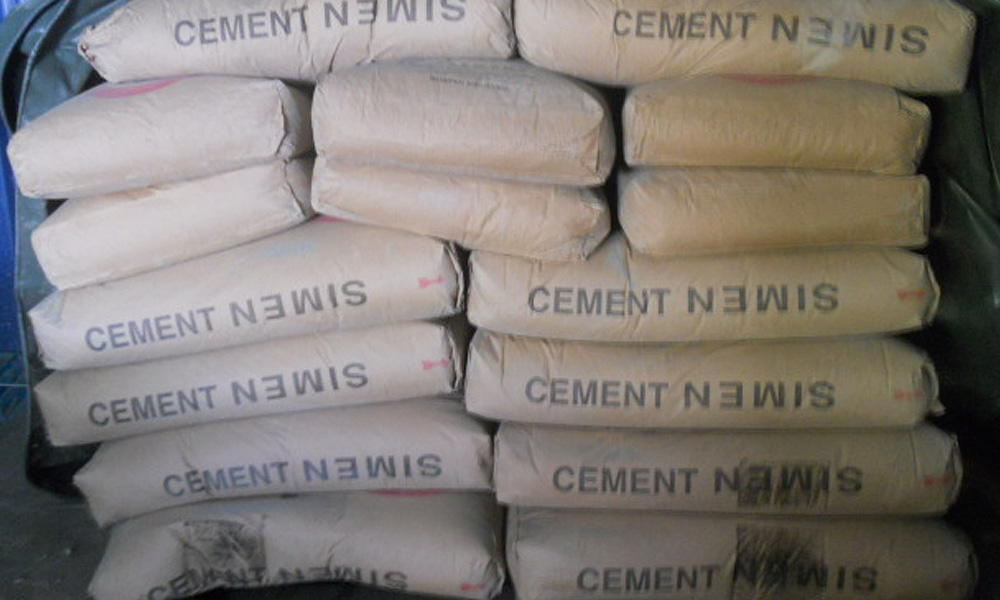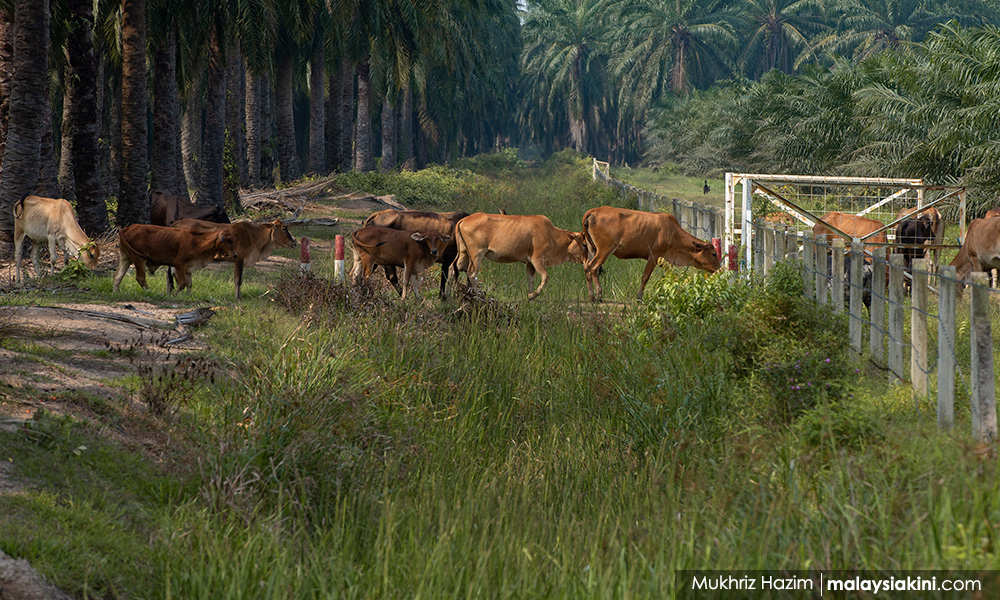When I first heard about carbon leakage, I thought it had something to do with well or pipeline leaks in the oil and gas industry. But “leakage” can mean different things in climate change.
The Intergovernmental Panel on Climate Change (IPCC) defines carbon leakage as the increase in carbon dioxide (CO2) emissions outside the countries taking domestic mitigation action divided by the reduction in the emissions of these countries.
This occurs when tighter regulations or policies force companies to move the production and associated emissions from one country to another, leading to higher emissions in other countries and carbon leakage.
According to the World Trade Organization (WTO), the average leakage rate is about 25 percent, implying that a reduction of 100 tonnes of carbon emissions domestically would be accompanied by an increase of 25 tonnes abroad.
CBAM to address carbon leakage
To meet the goal of net zero emissions by 2050, many countries have proposed targeted policies to address carbon leakage. One example is the Carbon Border Adjustment Mechanism (CBAM) introduced by the European Union (EU).
The mechanism would apply fees on certain imports to the EU from non-EU countries. That fee is the price paid by an importer for the carbon emitted during the manufacturing processes of the imported goods.
From the EU’s point of view, implementing CBAM can equalise the carbon price paid by EU and non-EU products, thus ensuring a level playing field inside and outside the EU.
Why should you care?
Do you export goods? If the answer is yes, then you are likely to be impacted.
Bank Negara Malaysia estimates about six to seven percent of Malaysia’s exports to the EU fall under CBAM, with the iron and steel sector being the most affected.
To retain access to the EU market, non-EU producers are expected to decarbonise their operations over time. Beyond this, CBAM also requires exporters to have their greenhouse gas emissions measured and verified by approved auditors.
Based on Malaysia’s fourth biennial update report (BUR4), the Industrial Processes and Product Use (IPPU) sector has the second highest emissions after the energy sector, with the most important industrial sources of greenhouse gases being cement production, iron, and steel.

The introduction of the CBAM will have the most serious consequences for the IPPU sector, particularly the iron and steel industry. This is because the greenhouse gas emissions from IPPU sector had increased by 118 percent in 2019 compared to 2005. This trend is expected to continue, mainly due to an increase in emissions from the metal industry.
Clearly, IPPU will be a hard-to-abate sector as the industry is carbon-intensive, so the marginal costs for market entry are likely to be higher.
As of now, there is no specific policy that can help Malaysian exporters to adapt to CBAM. However, Malaysia is developing a Long-Term Low Emissions Development Strategy (LT-LEDS).
The LT-LEDS is an instrument that enables key economic sectors such as the manufacturing and processing industry, and agricultural and waste sectors to mitigate sectoral greenhouse gas emissions according to the strategies formulated.
Moreover, the launch of other initiatives including the Bursa Carbon Exchange and Low Carbon Transition Facility also support businesses in adopting low-carbon practices and meeting the CBAM requirements.
What next for Malaysia?
Given that the Malaysian economy is heavily reliant on an export-dependent manufacturing sector, and coupled with strong agricultural activities, Malaysia could face similar impacts should there be any CBAM-type policies implemented by other countries.
In this respect, a UK CBAM is expected to take effect by 2027, while the US government is proposing a similar mechanism, which is still widely debated in the US Congress.

Another thing is that the EU’s CBAM may expand to include more industrial goods in the future. At present, CBAM only applies to imports from the aluminium, iron, steel, fertiliser, hydrogen, electricity, and cement sectors.
This would mean that more Malaysian exporters would potentially be affected, with higher manufacturers’ costs anticipated, especially when Malaysian businesses are unable to bring their production processes in line with new standards imposed by CBAM.
In short, the decarbonisation race is on and businesses will lose out to competitors if they are unable to cut greenhouse gas emissions in their supply chains.
As Charles Darwin puts it, “It is not the strongest of the species that survives, nor the most intelligent that survives. It is the one that is most adaptable to change.”
Adapt or die! - Mkini
CHONG YEN MEE is a climate change analyst by training and enjoys writing doomsday stories that make people act.
The views expressed here are those of the author/contributor and do not necessarily represent the views of MMKtT.



No comments:
Post a Comment
Note: Only a member of this blog may post a comment.